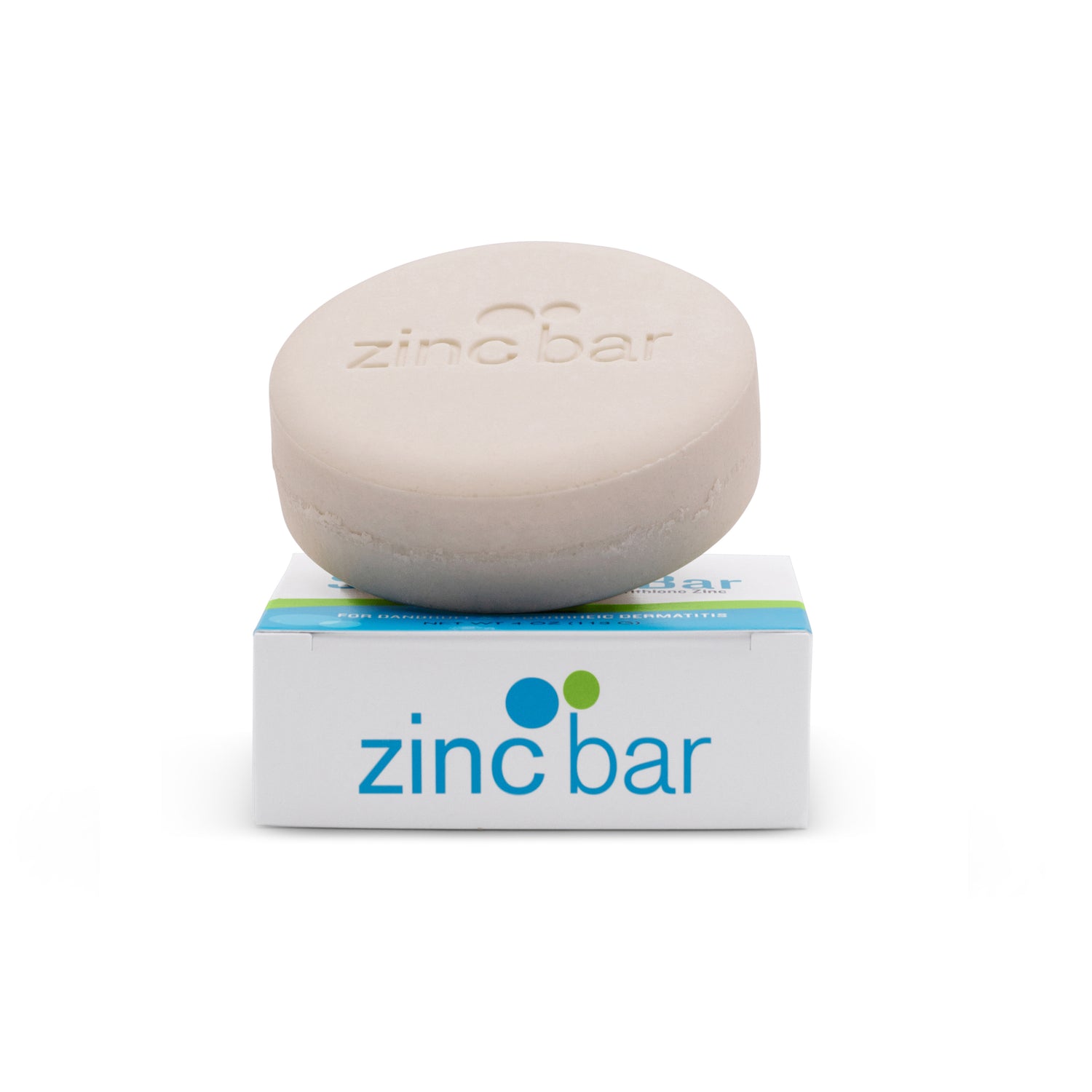Potassium
Potassium is an essential element that acts as an electrolyte. Potassium ions regulate the body's fluid and blood pressure levels in concert with sodium ions by taking on positive or negative charges. Among the plethora of its roles in the body, potassium helps regulate muscle contraction, assists in the metabolism of sugar to glycogen, and is instrumental in transmitting nerve impulses.
Potassium deficiency can occur if you lose large amounts of fluids through vomiting, diarrhea or sweating. Potassium deficiency causes abnormal heart rate, muscle weakness, and paralysis. It may also contribute to high blood pressure.
Food sources of potassium include sardines, whole wheat pasta and bread, wheat germ, bran, tomatoes, lima beans, nuts, apricots, raisins, figs, dried fruit, bananas, cantaloupe, and orange juice.
Health benefits of potassium
- Needed for regulating fluids in the body
- Assists in maintaining normal blood pressure
- Needed for healthy heart
- Needed for normal muscle contraction
- Assists in sugar metabolism
- Assists in transmission of nerve impulses
Recommendations
- RDI/AI – 4700 mg per day
- UL – ND

